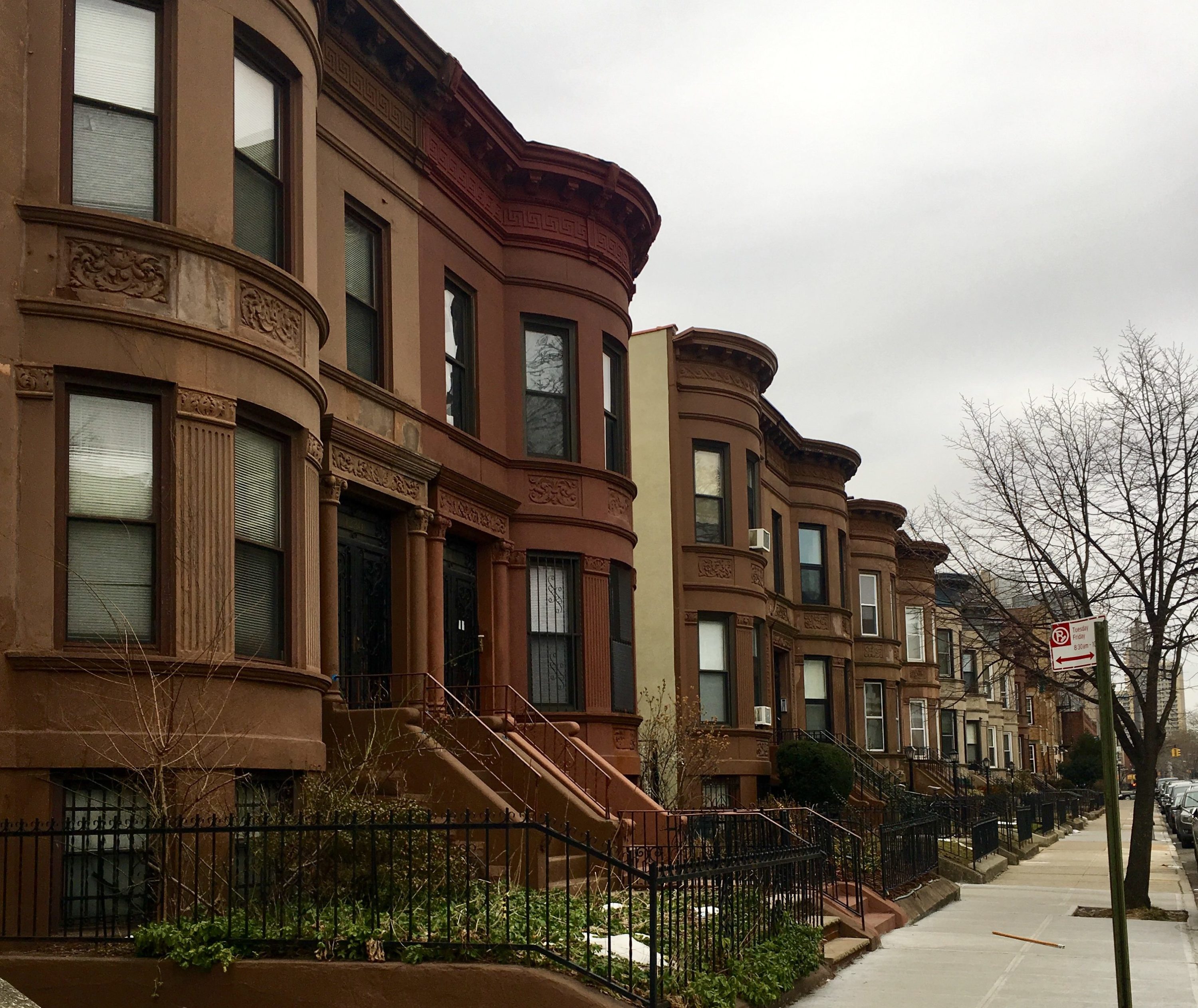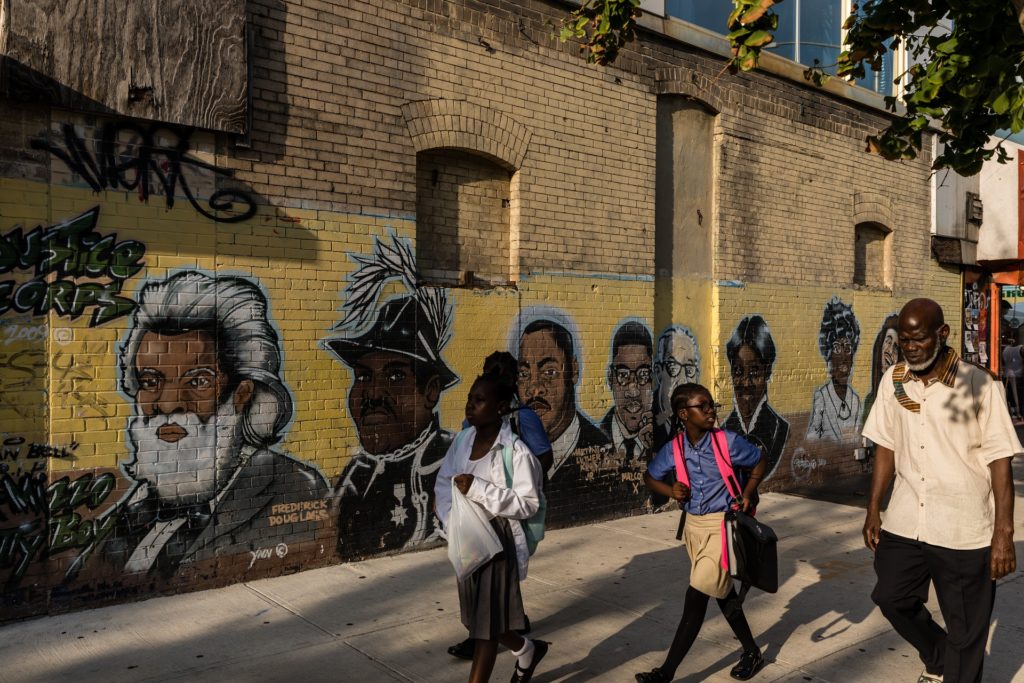Brooklyn deed theft trend spurs new state investigation

Crown Heights brownstones. Eagle file photo by Lore Croghan
Homeowners in Brooklyn are getting some added muscle to protect their properties: a new state investigation into deed fraud and deed theft.
Gov. Andrew Cuomo directed the state Department of Financial Services on Tuesday to look into the many instances of deed theft and deed fraud affecting communities of color in the borough following a “troubling report” The New York Times published on Monday.
“The illegal and deceptive actions to rob New Yorkers of their homes reported today are disgraceful and must be stopped,” said Cuomo. “Anyone found guilty of this repugnant behavior will be held accountable to the fullest extent of the law.”
